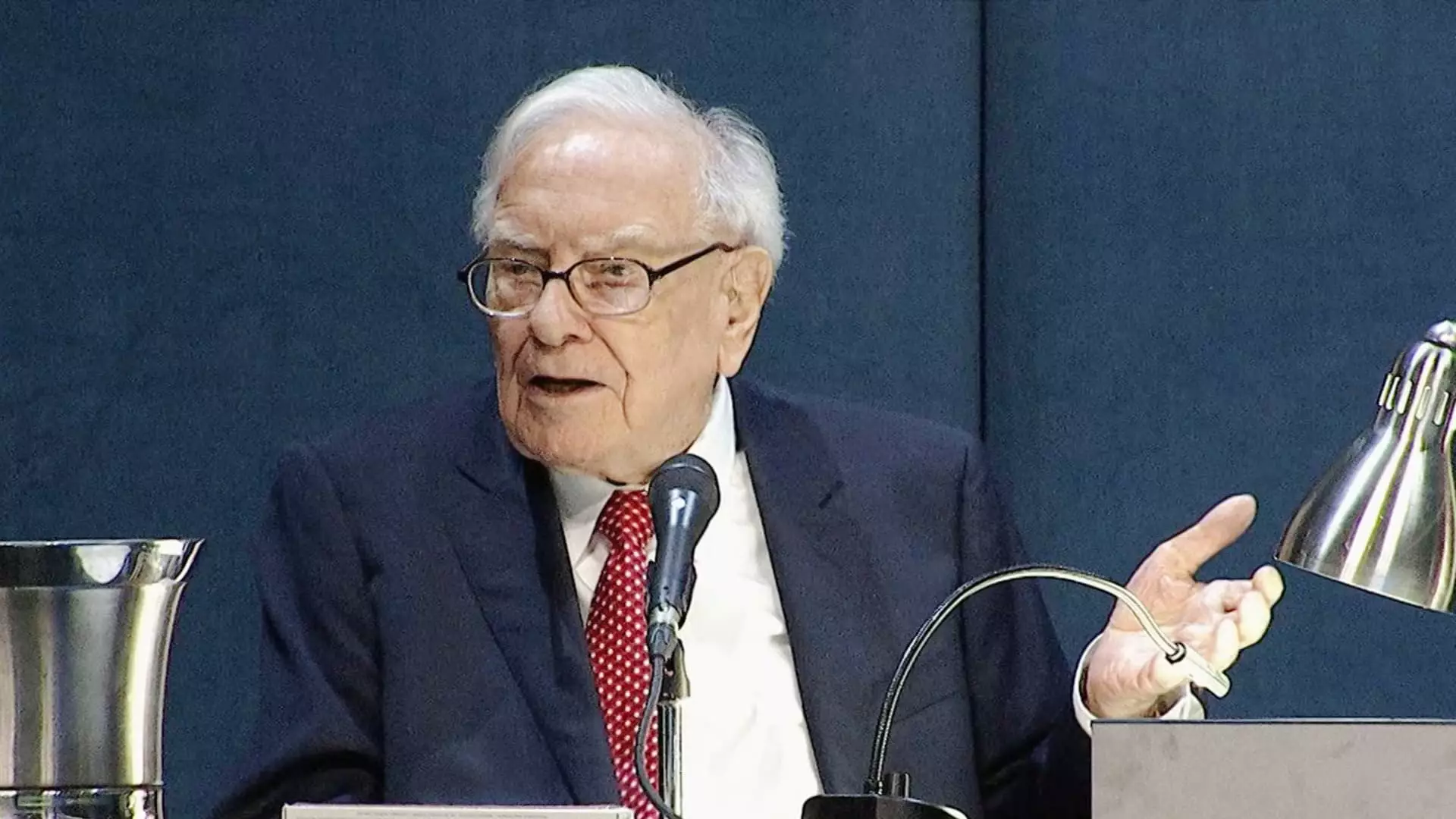In a series of transactions over six consecutive trading days, Berkshire Hathaway has been consistently lowering its stake in Bank of America. The conglomerate, led by Warren Buffett, has sold off a total of 52.8 million Bank of America shares, amounting to $2.3 billion. This has reduced its stake in the bank to 12.5%, despite still holding 980.1 million shares valued at $41.3 billion, making it the second-largest holding after Apple.
One possible reason for the continuous divestment could be Berkshire’s valuation concerns. Bank of America has been performing well in the market, outperforming the S&P 500 with a more than 25% increase in its stock price in 2024. This positive performance may have led Buffett to reevaluate his position in the bank and decide to trim the investment.
This recent reduction in the Bank of America stake marks the first time since the fourth quarter of 2019 that Berkshire has decreased its position in the bank. In the past, Buffett had shown confidence in Bank of America by investing $5 billion in the bank’s preferred stock and warrants during the aftermath of the financial crisis in 2011. Buffett had also previously praised the leadership at Bank of America and expressed his liking for CEO Brian Moynihan.
In contrast to the current divestment from Bank of America, Berkshire Hathaway had exited several other bank positions in 2022, including JPMorgan, Goldman Sachs, Wells Fargo, and U.S. Bancorp. Buffett’s decision to reduce the stake in Bank of America while holding onto other financial investments demonstrates a strategic shift in the conglomerate’s portfolio.
Overall, Berkshire Hathaway’s continuous decrease in its Bank of America stake reflects the complexities of investment decisions and the need for constant evaluation and adjustment of portfolios. Buffett’s actions highlight the importance of keeping a close eye on market performance, valuation concerns, and changes in strategic priorities when managing a diverse investment portfolio.

